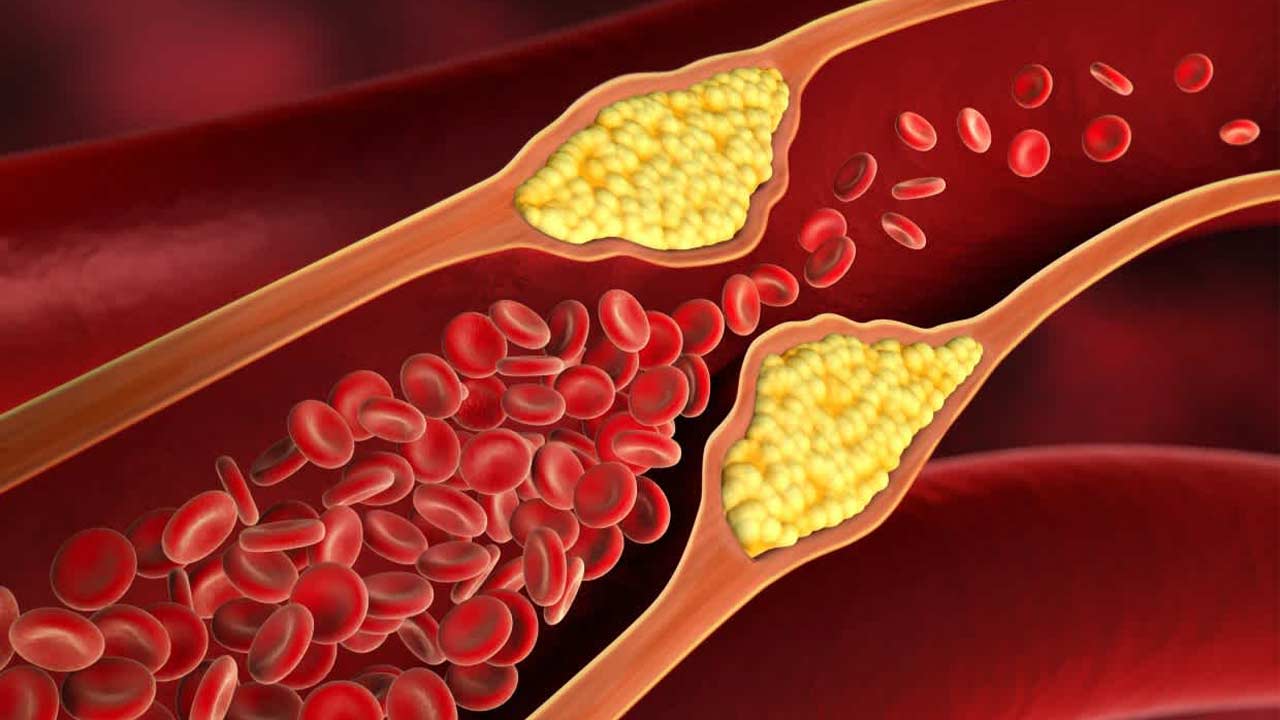One of the most common health concerns that increases the risk of heart-related diseases and other cardiovascular diseases is the high levels of cholesterol. Adopting a long-term and high-level healthy diet and lifestyle is crucial for maintaining and managing cholesterol levels. However, short-term strategies may also help to kick-start the process of managing cholesterol levels. This article will walk you through ways and methods that can help you reduce cholesterol in 7 days.
Understanding Cholesterol
It is a fatty material essential for many bodily functions like hormonal production and cell membrane formation. Elevated cholesterol levels, however, can be hazardous. They can cause health problems like atherosclerosis.
Types of Cholesterol
There are two primary forms of cholesterol: low-density lipoprotein (LDL) and high-density lipoprotein (HDL). The low-density lipoprotein is often called bad cholesterol because it can contribute to plaque formation. Still, the high-density lipoprotein is good cholesterol because it helps remove excessive cholesterol from one’s bloodstream.
7-Day Action Plan: How to Reduce Cholesterol in 7 Days?
Day 1 (Evaluate your diet)
The first step towards our cholesterol-lowering journey would be to assess your current intake and diet. Your ultimate goal should be to reduce saturated and trans fats commonly found in processed food, fried products, and baked items. Instead of eating these foods, you should choose healthier options like those in nuts, olive oil, and avocado.
Day 2 (Increase your fibre intake)
Fibre-rich foods are beneficial in lowering cholesterol levels. Fibers bind to cholesterol, and this aids in the elimination of these cholesterol molecules. Increasing the intake of fruits, vegetables, whole grains, and legumes will improve your diet’s fibre. Barley, beans, and oats are critical in reducing cholesterol levels.
Day 3 (Embrace heart-healthy fats)
Our Step 3 would focus on swapping unhealthy fats with heart-healthy alternatives like fatty fish, i.e. salmon or trout, which are rich in omega-3 fatty acids and are known to lower cholesterol. A handful of almonds or walnuts also satisfies your need for a heart-healthy crunch.
Day 4 (Get moving)
Exercising is one of the most powerful tools that help to manage cholesterol levels. Integrating a 30-minute moderate-intensity workout into your routine will be highly beneficial. Brisk walking, cycling, jogging, or swimming are the types of physical activities that help to raise HDL cholesterol and improve cardiovascular health.
Day 5 (Hydrate with green tea)
The antioxidants, like catechins, in green tea contribute to lowering cholesterol levels. Replace your regular beverages with green tea throughout your day to harness its potential benefits.
Day 6 (Limit Added Sugars and processed foods)
Excessive intake of sugar and processed foods elevates cholesterol levels in one’s body. To reduce the level of cholesterol, one should cut down on sugary snacks, processed meals, and sodas. Alternates like whole, unprocessed foods will support your body’s natural cholesterol regulation.
Day 7 (Sleep and stress management)
Inadequate sleep and chronic stress are risk factors for increased blood cholesterol levels. Therefore, one should incorporate stress-reducing activities, i.e. yoga, meditation, deep breathing, etc. A good seven to nine hours of sleep is essential to promote your body’s well-being.
Hence, in just seven days, you can transform the journey of cholesterol management. However, individual responses to lifestyle changes may vary, and different people may have different needs; therefore, you must consult your healthcare provider for an even better plan that best suits your needs.




